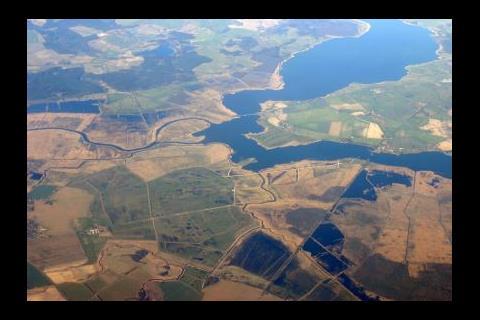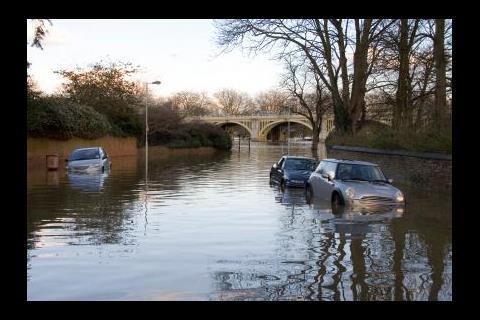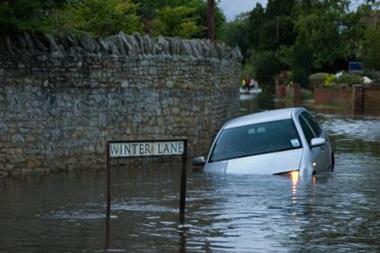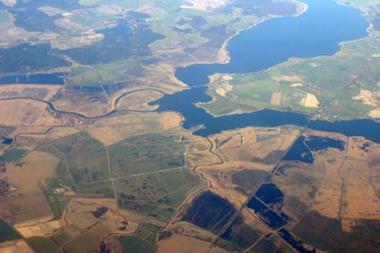In the aftermath of the UK’s disastrous summer flooding, parts of the insurance industry have called on the Association of British Insurers (ABI) to publish claims benchmarking figures
In the aftermath of the UK’s disastrous summer flooding, parts of the insurance industry have called on the Association of British Insurers (ABI) to publish claims benchmarking figures.
Claims handling professionals said that increased transparency from the insurers with regards information on such things as claims reputed, speed of response and levels of underinsurance would be useful to help consumers assess what they are buying.
Speaking at the Insurance Times flooding question time event in London, Jonathan Samuelson, a director of Harris claims group, commented: “Sadly my experience is that the broking community fails to deliver so that many businesses are underinsured.”
“What’s the chance of the ABI publishing figures on claims handling,” he asked. Swenja Surminski, policy adviser climate change, ABI, responded: “I can’t imagine how the ABI would do that. This would have to be something left to individual members.”
While, Alan Gairns, development manager, property underwriting, Royal & SunAlliance, did not rule out the possibility of making data available in an effort to prove the value of cover to customers: “We wouldn’t have misgivings about publicising the information if that’s the direction the industry went. I don’t feel we have anything to hide.”
“But I’m not convinced of the value of the information. Response times would vary depending on the event,” he added.
The panellists also pointed to the apparent lack of preparedness amongst the UK’s business community. Samuelson noted: “I had two clients who had their water turned off during the summer floods. That was as much a catastrophe for them as the flooding itself.”
“One was a food manufacturing company with a very unforgiving client base,” he said. “It wasn’t on their radar that they could find themselves undamaged but with no water supply. They had no continuity plans. They had to quickly come up with one and it was a major challenge for them.”
Royal and Sun Alliance also warned that overdevelopment on flood plains could potentially raise problems for the industry in the future. He commented: “We are probably accepting risks today that we don’t want to.” And Surminski did not agree that restricting insurance was an effective way of preventing developers from building on flood plains. Attendees were left to consider the seriousness of the issues when Samuelson surmised: “I think if we have another large scale incident it would cause serious problems for the industry.”






















No comments yet